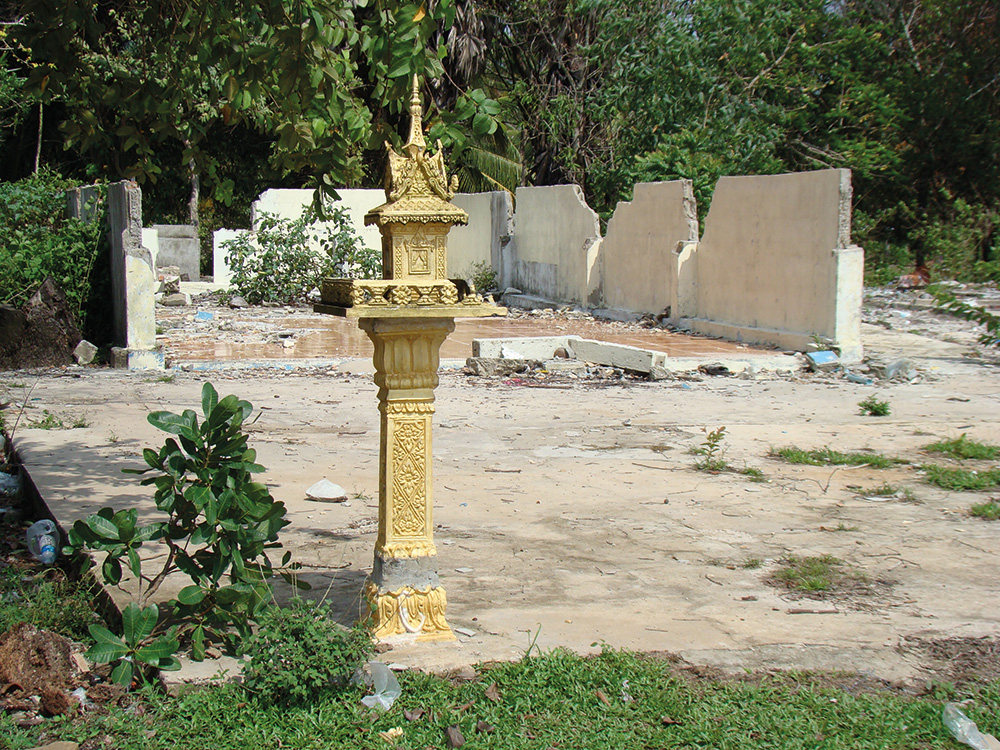Focal point
Location
The Food and Agriculture Organization of the United Nations leads international efforts to defeat hunger. Serving both developed and developing countries, FAO acts as a neutral forum where all nations meet as equals to negotiate agreements and debate policy. FAO is also a source of knowledge and information. We help developing countries and countries in transition modernize and improve agriculture, forestry and fisheries practices and ensure good nutrition for all. Since our founding in 1945, we have focused special attention on developing rural areas, home to 70 percent of the world's poor and hungry people.
Members:
Resources
Displaying 1776 - 1780 of 5074Global Forest Resources Assessment 2015 - Myanmar
TABLE OF CONTENTS:
Report preparation and contact persons:
1 What is the area of forest and other wooded land and how has it changed over time?
2 What is the area of natural and planted forest and how has it changed over time?
3 What are the stocks and growth rates of the forests and how have they changed?
4 What is the status of forest production and how has it changed over time?
5 How much forest area is managed for protection of soil and water and ecosystem services?
Technical considerations for Forest Reference Emission Level and/or Forest Reference Level construction for REDD+ under the UNFCCC
The aim of this document is to help countries seeking to develop a REDD+ Forest Reference Emission Level and/or Forest Reference Level (FREL/FRL) under the UNFCCC. The document provides a structural overview of UNFCCC requirements for FREL/FRL construction, summarizing UNFCCC guidance and translating it into elements needed for FREL/FRL construction. A description of possible advantages and risks associated with different options for each of these elements is added to provide some practical considerations to FREL/FRL construction.
SSF Guidelines: Vital momentum for small-scale fishers
With its Guidelines for Securing Sustainable Small-Scale Fisheries (SSF Guidelines), FAO has created a tool that is to help small-scale fisheries stakeholders empower themselves. Our authors describe its strengths and weaknesses and how it is being put into practice.
City Region Food Systems
Cities and towns around the world continue to grow at different rates and increasingly bear the costs of food and nutrition insecurity. Cities often view themselves as having a limited role in ensuring access by all their inhabitants to sufficient, adequate, affordable, nutritious and safe food. A city region food system (CRFS) approach provides a critical lens for analysis while supporting on-the-ground policy transformation and implementation. Working at city region level can leverage the complexity of rural-urban linkages to a practical level by making food the common denominator.
Nature & Faune 29(2). Les forêts et les populations:Investir dans un avenir durable pour l’Afrique
Ce numéro du journal Nature & Faune aborde le thème central suivant : « Les Forêts et les populations : Investir dans un avenir durable pour l’Afrique ». Il s’agit d’un numéro spécial pour célébrer la toute première édition du Congrès forestier mondial (CFM) en Afrique. Cet évènement offre aux pays, scientifiques, forestiers, décideurs et professionnels africains du secteur forestier et des domaines afférents, une opportunité de présenter leurs activités en cours dans le cadre du développement de la foresterie en Afrique.








